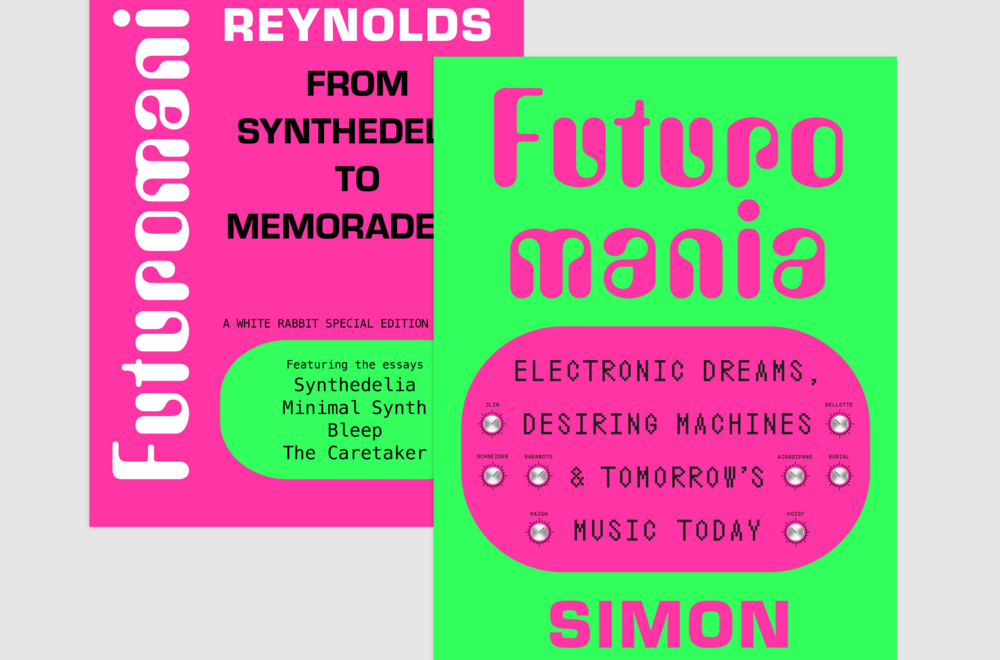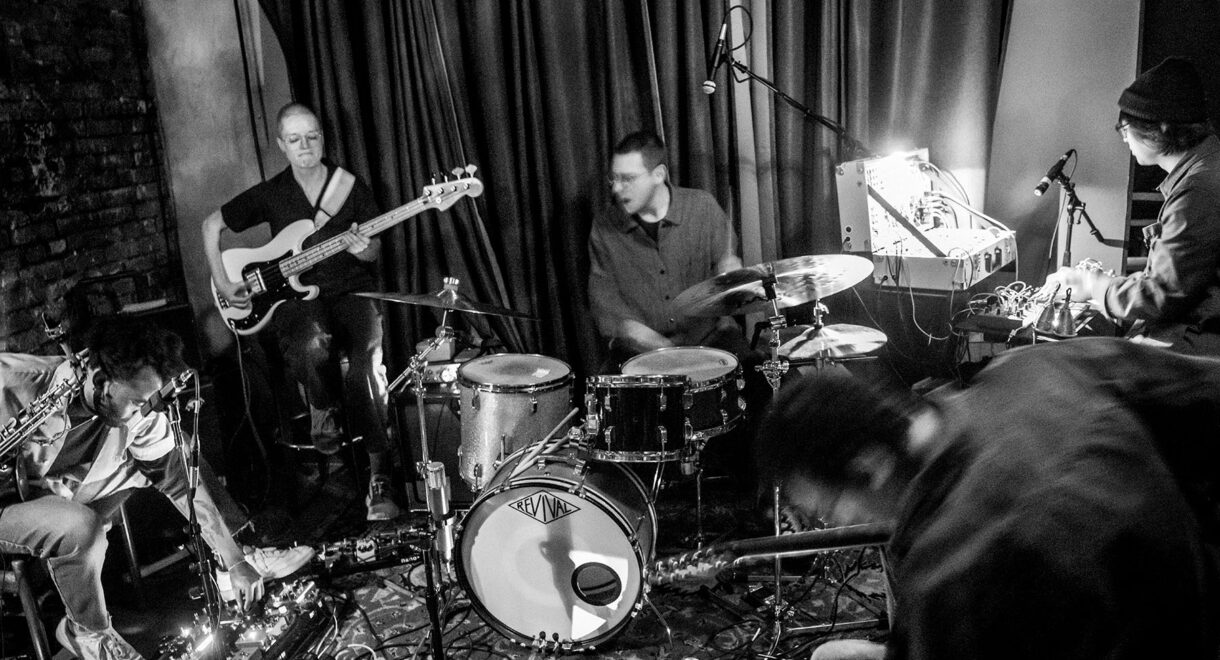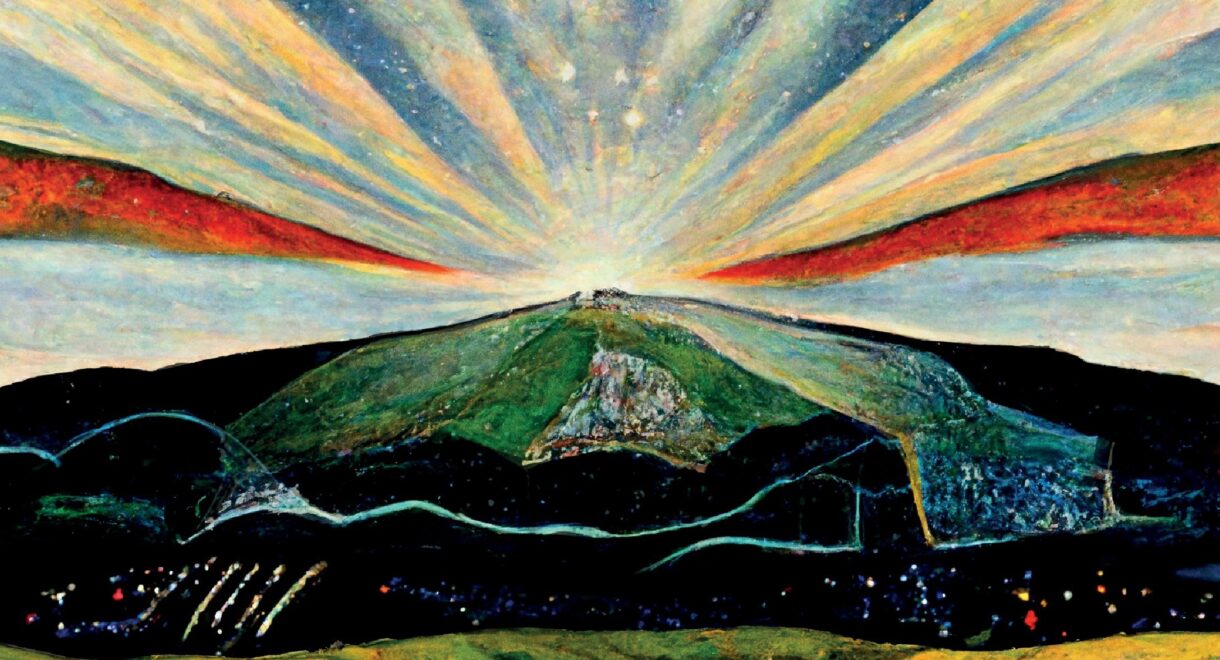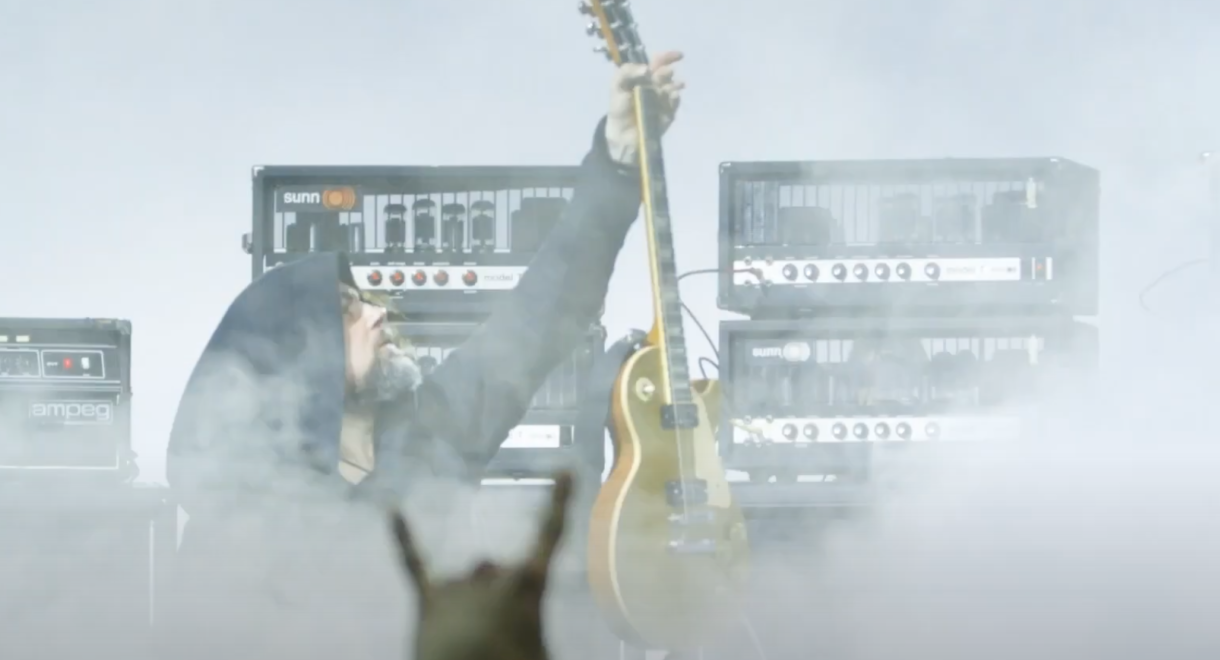The summer is halfway over and you’ve been scrolling for like, what, six weeks straight now? Step away from your phone (after reading this, of course). An analog […]
Getting lost inside Jim O’Rourke’s Steamroom recordings
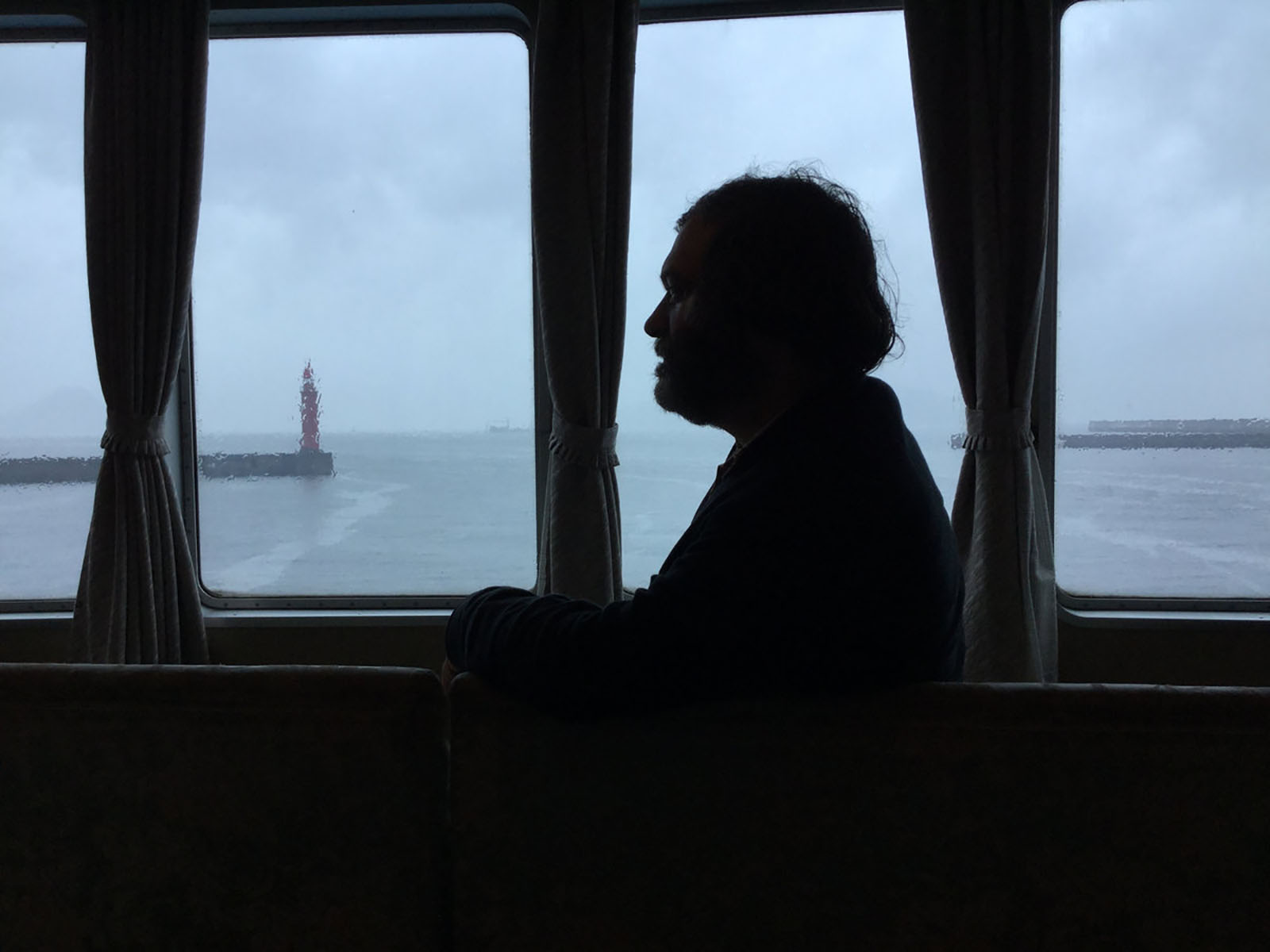
As the remarkable series approaches its 10th anniversary, a look at the musician-producer’s online project.
In 2013, the musician and producer Jim O’Rourke started releasing a series of recordings to Bandcamp called Steamroom. Featuring the prolific creator’s immersive experimental works, part of the series involves O’Rourke digging through his archives and discography to release stuff that his devotees might find cool.
He doesn’t get any gratification from that part of the process.
“I don’t think I get an ounce of enjoyment from doing this whatsoever,” he told writer Marc Masters on Bandcamp. “Anybody who tells you they do is insane. But I’m trying to counteract my tendency to hide all that stuff. So occasionally I’ll find a tape after years of forgetting it even existed, and if I’m surprised by it — like, ‘Oh, that isn’t complete crap’ — then I’ll post it.”
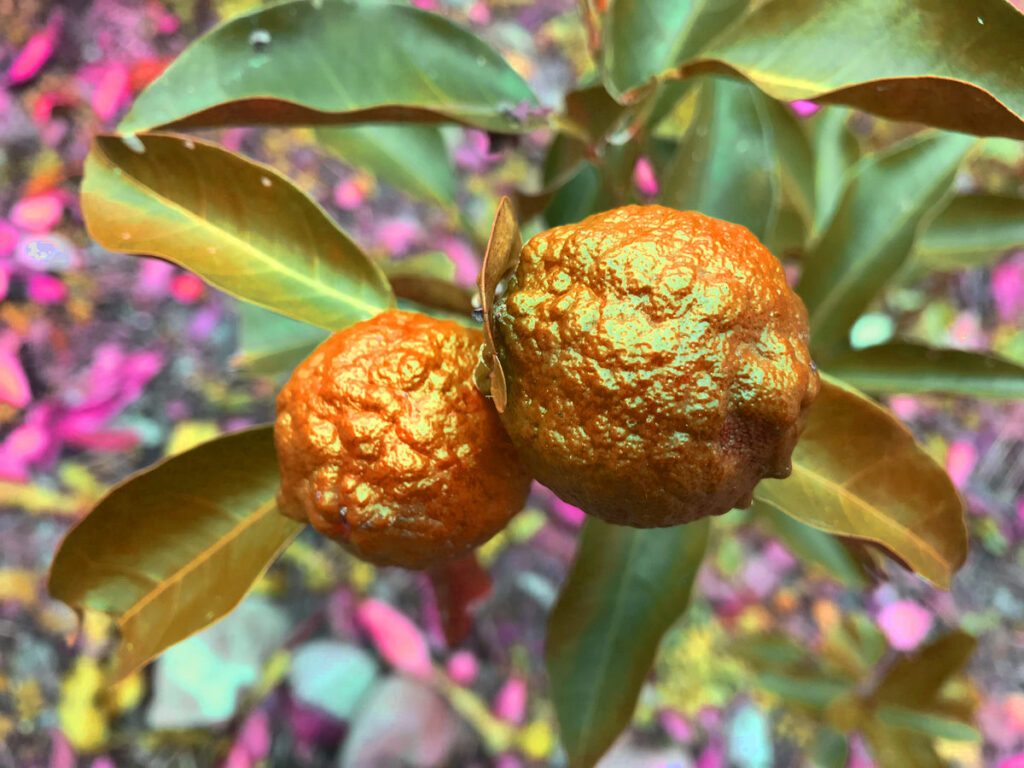
Nine years later, O’Rourke, who’s best known for his work with Sonic Youth, Wilco and on a series of remarkable experimental folk-pop albums for Drag City, has issued a total of 59 Steamroom recordings. In that time, he’s populated the series with a volume of new recordings, many enabled by field recordings he makes in and around his home.
That he’s got the non-crap material in his vaults and muse to power the Steamroom pieces is a foregone conclusion, he told Masters. “I just have to make them. It’s like my oxygen.”
The most recent, Steamroom 59 from earlier this month, is a 38-minute piece that opens with field-recorded, kinda sorta abrasive frequencies that for the first few minutes recalls O’Rourke’s early work with Japanese noise artist Merzbow. But then, as if moving from rush hour traffic onto an open highway, the producer calms down, finds a pitter-patter palette, a deep, immersive drone with odd octave interplay, and explores the realm within.
The prior 58 installments, many recorded at his Steamroom home studio in Tokyo (where he lives with his partner and musical collaborator Eiko Ishibashi), are just as moving, if occasionally way, way, (way) more abrasive.

Steamroom 23 isn’t too noisy. A remastered version of Happy Days, a single-track compact disc originally issued by the crucial archival label Revenant in 1997, the piece clocks in at nearly 50 minutes and is the Sleep “Dopesmoker” of American primitive guitar music. Release notes offer a sense of who O’Rourke – then living in Chicago – was rolling with at the time:
As a direct result of: Dean Blackwood, Kevin Drumm, David Grubbs, Andy Guhl, Jeff Hunt, Kris Johnson, Henry Kaiser, Maureen Loughnane, John McEntire, Rose Myers, Norbert Moslang, Phil Niblock, Soren Wittrup, Azita Yousefi
O’Rourke concludes the Steamroom 23 notes with a nod to a pair of brilliant innovators (“Without whom: Tony Conrad and John Fahey) that precisely aligns with the musical terrain of the piece: An expertly executed, Fahey-esque acoustic guitar line weaves a complex melodic idea as a Conrad-ian drone drifts in as if from afar, seeping quietly before overtaking all the frequencies with beatless harmonics.
All but the most Zen-like will be forgiven at this point for a dose of impatience as the drone, uh, drones on for 20 more (!) minutes. Though the sustained note morphs and mutates, it’s a lot. The payoff, though, is a finger-picked resolution that’s as gratifying as it is deep.
Archival releases are only part of the Steamroom equation. Notes the writer Philip Sherburne in a Pitchfork review of the 40th installment:
O’Rourke spends a good chunk of his day holed up with a Serge synthesizer and a drawer full of field recordings, massaging sounds into a shape that feels right to him. It’s less about composition or songwriting—there’s nothing approaching a song on these albums—and more like painting or throwing pots, only with duration itself in place of pigment or clay. “I like longform music that isn’t necessarily about structure,” he says. “It’s just a long period of something happening.” The Steamroom releases amount to a kind sculpted air.
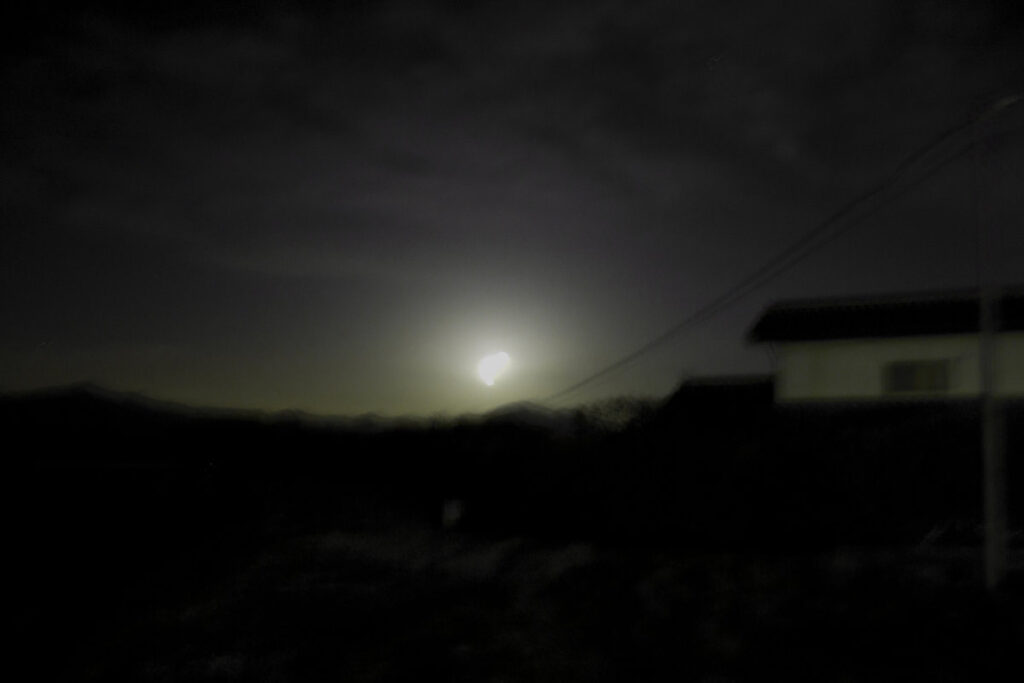
The releases also sound remarkable. On Bandcamp, most of the 59 recordings in the series come with a simple request for buyers and potential buyers: “Please download best quality.” That’s especially important for Steamroom 47. Titled “So You Want to Write a Fugue,” it’s among the most formally composed works in the series and features O’Rourke creating a piece for what sounds like a short-circuiting keyboard in piano mode. The musician began recording it in 2019 and released it, notably, in April 2020.
Digging into the series, in fact, also provides a glimpse into O’Rourke’s muse at various moments. The pieces he created during the heaviest months of the pandemic are sparse affairs, as if Covid-19 had reduced the quantity of field-recorded energy he’d previously tapped in his Tokyo neighborhood.
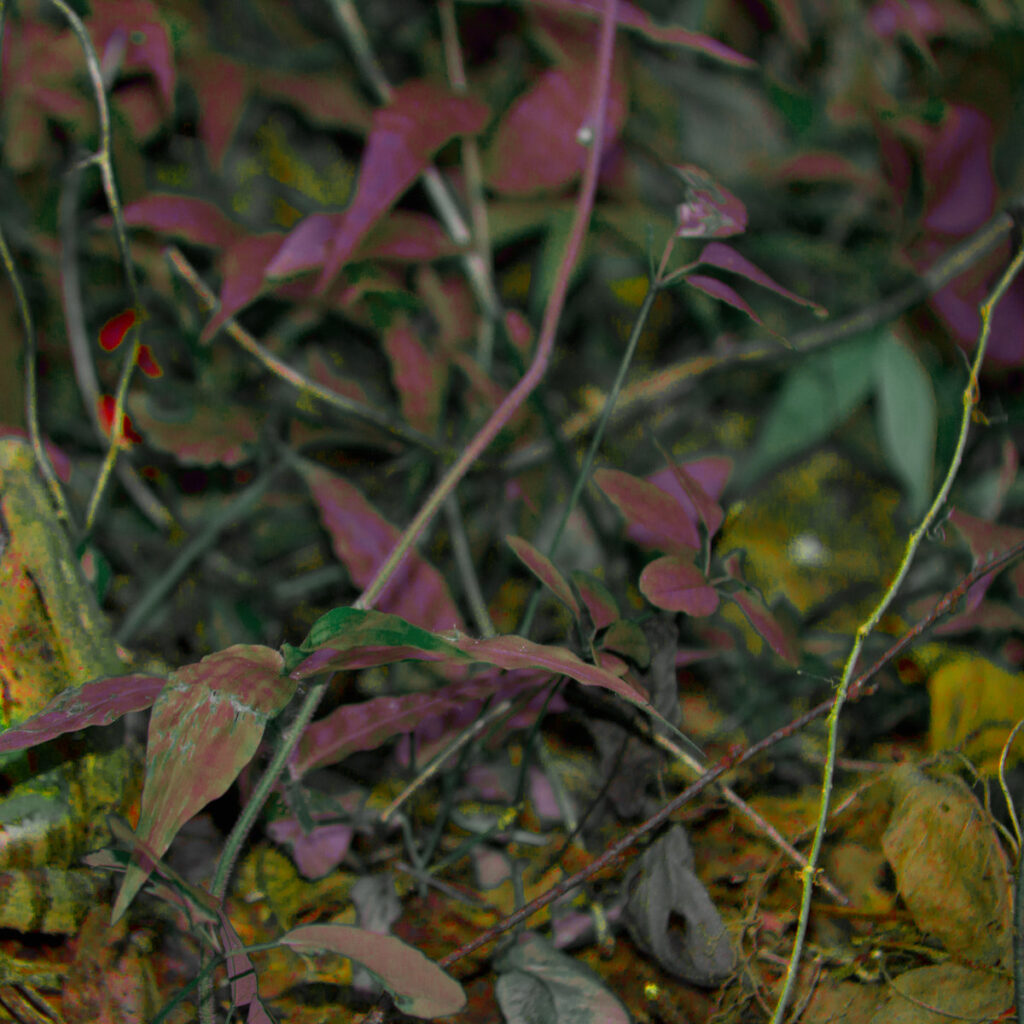
Recorded in the first days of August 2020 and released a week later, Steamroom 50, “Deferential,” eases into existence, with unstructured, roaming guitar tones and what sounds like bubbling fluid. He seems to tap dried grass to generate sibilant textures in the treble zone – though that sound could be a struck match, a brush hitting a cymbal, or a synthesized sample.
As with many of O’Rourke’s extended works, at one point “Deferential” seems to teeter on the edge of a noisy abyss like a spaceship dodging a black hole.
O’Rourke hasn’t issued any of his Steamroom pieces on non-Bandcamp platforms, even if the artist’s fantastic Drag City records can be found on most streaming services. The artist asks $7 for each installment, which is an easy way to support this remarkable project.
In Sheep’s Clothing is powered by its patrons. Become a supporter today and get access to exclusive playlists, events, merch, and vinyl via our Patreon page. Thank you for your continued support.




